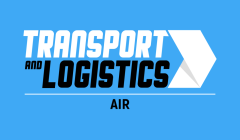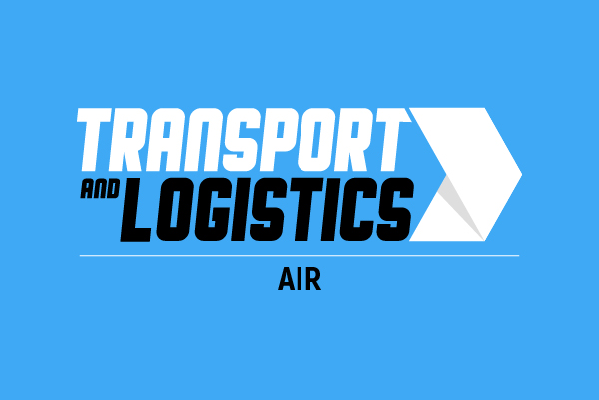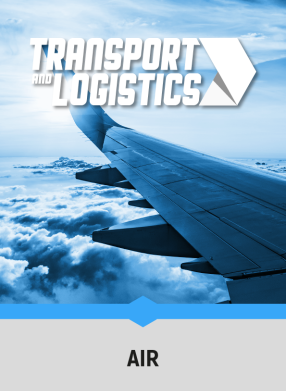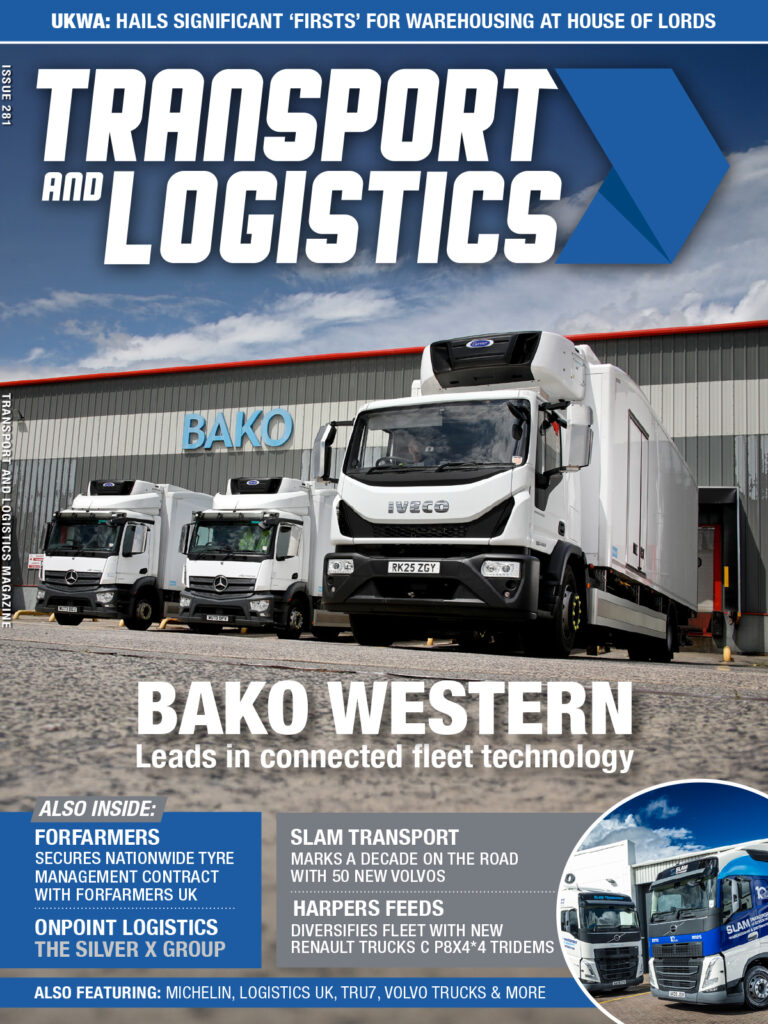The proposals announced that a charging Class C band Clean Air Zone (CAZ) in Bristol would hurt local businesses and the economy, according to FTA, the business organisation which speaks for the logistics sector. In the opinion of FTA, this option would the place the burden of improving air quality solely on the shoulders of business, when all citizens should play their part in the fight against pollution.
Bristol City Council has suggested two proposals – a diesel car ban or a CAZ – but has provided little detail on either option. Furthermore, neither proposal provides the most effective solution to improving air quality, as Chris Yarsley, FTA’s Policy Manager for the South West of England, explained:
“While the logistics sector acknowledges the role it must play in improving the air quality of our cities and takes this responsibility very seriously, we question the methods proposed by Bristol City Council. A charging Clean Air Zone of this scale would cause operating costs for some small businesses to soar. Hard-working companies and individuals – many of whom keep Bristol’s city thriving – would be left to bear the burden of improving air quality alone. It is unfair to place this solely on their shoulders, when other factors, including private road users, also contribute to emission levels across the city.
“Many other city councils, including Nottingham and Southampton, have convinced DEFRA (Department for Environment, Food and Rural Affairs) that other solutions can deliver a quicker, more sustainable improvement to air quality without damaging the local economy. CAZs bring no long-term air quality benefit; due to natural fleet replacement cycles, all vehicles operating in the city would reach this standard anyway in a few years.”
Mr Yarsley continued: “FTA is most disappointed that Bristol City Council has not provided a justification as to why it is proposing a Class C band – which excludes private cars – over a Class D band, which encompasses all polluting vehicles. We are calling for the council to provide a clear rationale: why should the logistics sector be left picking up the bill, when private motorists continue to drive unsanctioned?”
Under the proposals, a scrappage scheme would only be made available to private road users; operators of commercial vehicles would receive no financial help.
Mr Yarsley continued: “The council has launched this consultation without providing any details on how and when it expects to achieve compliance with air quality limits; this information will only be made public approximately halfway through the consultation period. And while the consultation does give the possibility of an exemption for operators based within the zone, or for those with a low turnover, once again, it does not go into any detail. FTA is calling for the council to share a much clearer and more detailed version of its plans.
“If Bristol does decide it must implement a charging CAZ, it should include all vehicle types within its remit; the size should also be kept as small as possible to mitigate the very worst economic damage. We encourage all our members to submit a response to the consultation and have their voices heard.”
Efficient logistics is vital to keep Britain trading, directly having an impact on more than seven million people employed in the making, selling and moving of goods. With Brexit, new technology and other disruptive forces driving change in the way goods move across borders and through the supply chain, logistics has never been more important to UK plc. A champion and challenger, FTA speaks to Government with one voice on behalf of the whole sector, with members from the road, rail, sea and air industries, as well as the buyers of freight services such as retailers and manufacturers.












